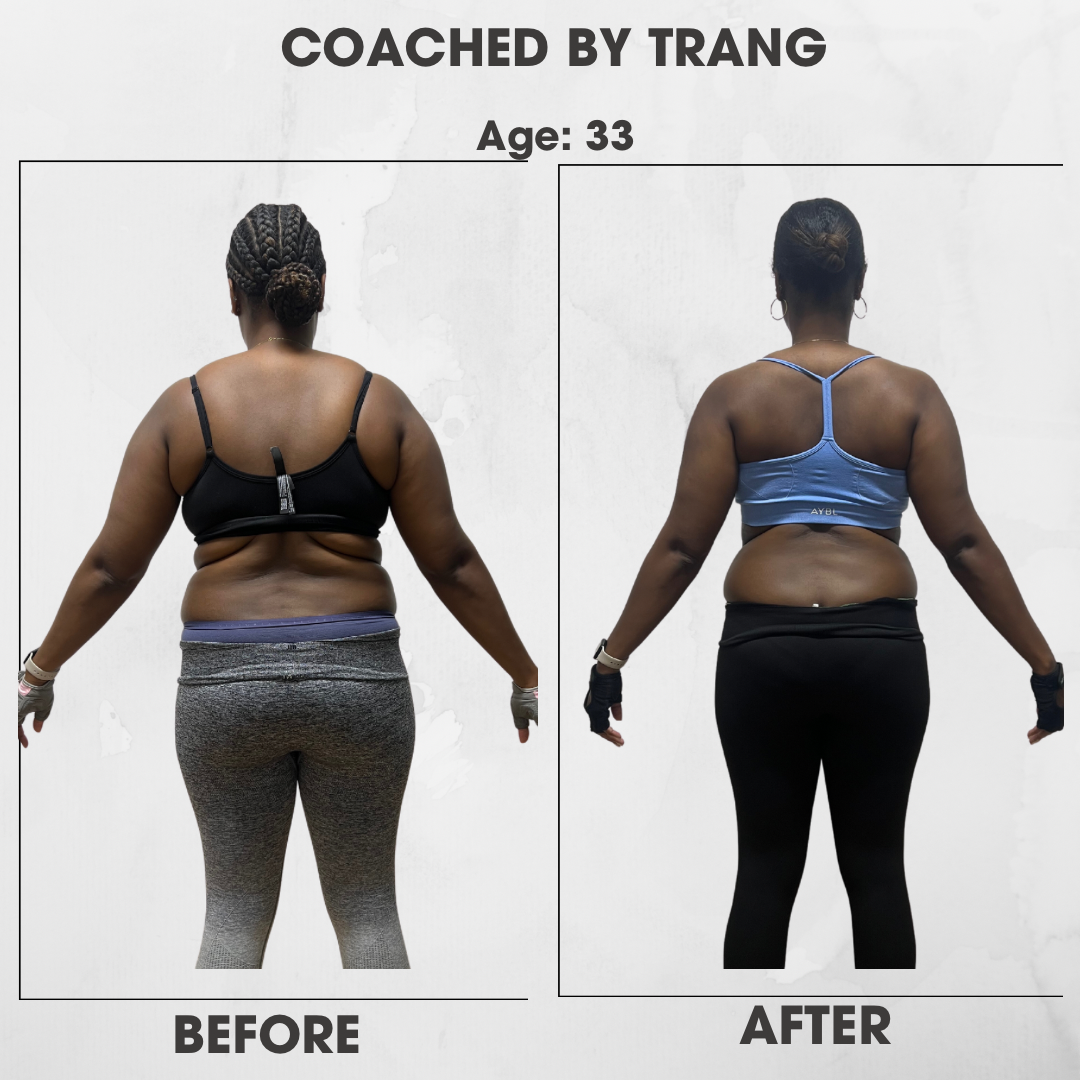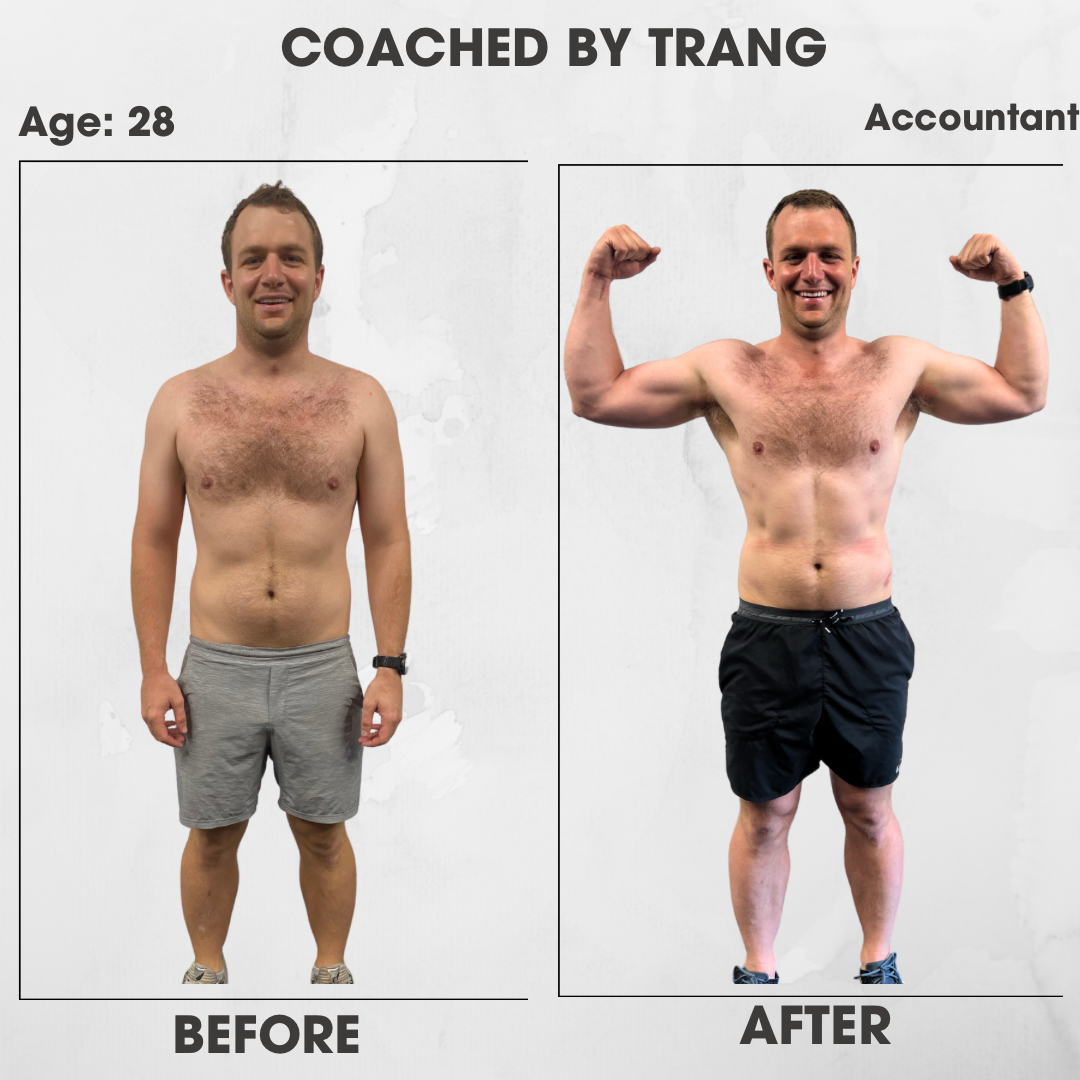
Personal Training For A Longer, Healthier Life in London and Islington
Personal Training For Longevity in Islington
There’s no such thing as one-size-fits-all – and that’s especially true as a person’s body ages. As we approach and enter middle age, muscle mass can reduce, bone density declines and changing hormones can alter everything from mood and sleep to our ability to focus.
We have real clients who continue to prove that these factors are not inevitable. With a combination of resistance training, aerobic exercise, and slight lifestyle adjustments, our personal trainers will help you to understand that age really is just a number.
No gym membership fees – ever
Private, impeccable studios and great gym equipments
Longevity training that’s bespoke to you
The best PTs in London and Islington
The Importance of Longevity
Longevity isn’t just about adding years – it’s about making sure you’re looking after yourself in a way that lets you enjoy those years with the kind of energy and physique most people consider impossible or impractical.
You might be exploring personal training because you don’t feel like you’ve got the energy or body shape you had 10 years ago. Then again, you might be feeling great and eager to keep that feeling long into the future. Whatever your situation, personal training with a focus on strength training sessions to promote longevity will make a significant difference.
What’s more, with sessions delivered one-to-one in a well-equipped private gym, the pitfalls of busy public gyms won’t stand in your way.
What Does Science Tell Us About Longevity Training?
Inactive adults experience a 3% to 8% loss of muscle mass per decade
As little as 30-60 minutes of strength training per week reduces all-cause mortality by 10-20%
Strength training improves sleep quality and duration, adding 40 mins per night vs. 23 mins gained from aerobic exercise only
Regular exercise can reduce the risk factor of some common cancers by between 20-50%
Resistance training diminishes depression and anxiety in adults and delays the onset of Alzheimer’s
Regular physical exercise can reduce the occurrence of Type 2 diabetes by up to 59%
Doing regular exercise can reduce the frequency of back pain attacks by almost 50%
We Do Personal Training Differently
We don’t encourage extremes. If you’re familiar with boot camp-style sessions of vigorous aerobic exercise that crop up on social media, you might be surprised (and possibly relieved) to hear that we do things differently.
Rather than making exercise a punishment to be endured, we aim to help you create sustainable habits. The reason is simple; the person who makes small but noticeable differences to their health habits over the course of months will almost certainly see greater benefits than the person who adopts an extreme diet and intense gym regime, only to find themselves exhausted and disheartened after a week or two.
Sure, you’ll work up a sweat during your sessions – but instead of pushing you until you drop, our plans will focus on realistic aerobic exercise and weight training to build muscle strength. Trust us; you’ll be astounded at what can be achieved.
NEED SOME MOTIVATION
Frequently Asked Questions
-
Our experience tells us that some strength training can be enormously beneficial for people who want to manage symptoms of the menopause. Don’t worry though, that doesn’t mean we expect you to be an Olympic power lifter!
Instead, we’d typically start with some low intensity strength exercises – focusing movement and technique, rather than heavy weights.
In time, you and your personal trainer might discuss adding weight to your programme – not least because building lean muscle mass is one of the very best ways to deal with unwanted body fat.
If you’d like to read more about this subject, check out our blog: Importance of strength training
-
A balanced diet rich in whole foods is crucial for longevity. Focus on consuming plenty of fruits, vegetables, lean proteins, healthy fats, and whole grains. Staying hydrated and getting enough vitamins and minerals, particularly calcium and vitamin D, supports bone health and overall well-being.
Check out our weight loss blog about: Why am i not losing weight?
-
Exercise is one of the very best ways to encourage your body to produce ‘feel good hormones’ called endorphins. The best bit is, these hormones tend to stick around for much longer than your PT session – so lots of people find that exercise really helps with their general feeling of well-being throughout day-to-day life.
Of course, exercise isn’t a cure-all when it comes to mental well-being and mental health – some people find talking therapies like cognitive behavioural therapy (CBT) and other similar approaches to help deal with the stresses and strains that the menopause can bring.
Virtually all medical professionals will agree that exercise can help to change the way you feel – but if you feel like you need additional help, it’s always a good idea to chat with your GP about what else can be done to support your mental well-being.
Check out our blog on balancing work & life fitness
-
Absolutely! It’s never too late to start training for longevity. Whether you're in your 20s or 70s, there are exercises and routines that can be tailored to your current fitness level and health conditions, helping you build strength, mobility, and endurance at any age.
-
Yes, longevity training can be particularly beneficial for managing chronic pain and preventing injuries. Exercises that focus on mobility, flexibility, and low-impact strength training can help alleviate pain, improve joint function, and reduce the risk of injury over time.
check out our blog on: exercising after a long break








